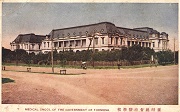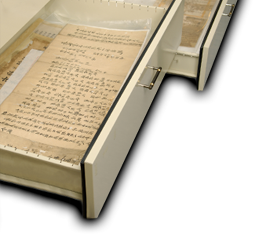
Publication date: 23 Jul 2018 In Taiwan, the University Entrance Examination is conducted in every July. The School of Medicine of National Taiwan University is usually the first choice for most students. The school’s list of accepted students is always widely discussed on social media after it is announced. Many students want to enter the narrow gate; some parents also believe that a child entering the School of Medicine increases their family’s social status. Why is entering the Medicine School so popular for Taiwanese? The answer is career autonomy, decent wages, and a higher social status. There is an idiom in Taiwan: “Selling ice cream is the first, being a doctor is the second,” (第一賣冰,第二做醫生) implying that being a doctor is a way to earn large salary. In addition, doctors, lawyers, and accountants are viewed as the best jobs in Taiwan because of their high wages. The School of Medicine of National Taiwan University has long history; it possesses abundant resources and distinguished professors. Hence, people who dream of becoming a doctor often dedicate themselves to enter this medical school. Before the Western medical system were established, traditional Chinese doctors had been seen as the second level in the social hierarchy. It was not until after a modern systematic medical education was created by the Japanese colonial government that doctors gained a high position in Taiwanese society. In modern society, the authority of professional knowledge is crucial for raising social status. In fact, the cultivation of doctors during the colonial period reflected the transformation of the Taiwanese doctor’s social status. Using precious archives, this article introduces the establishment of Taiwan’s medical education and training system. |
 |



